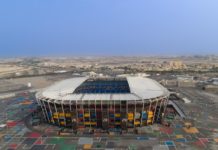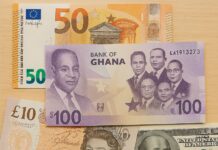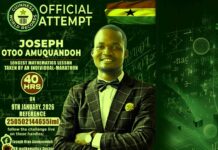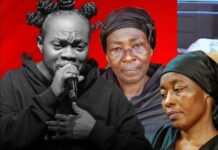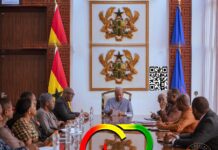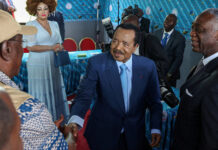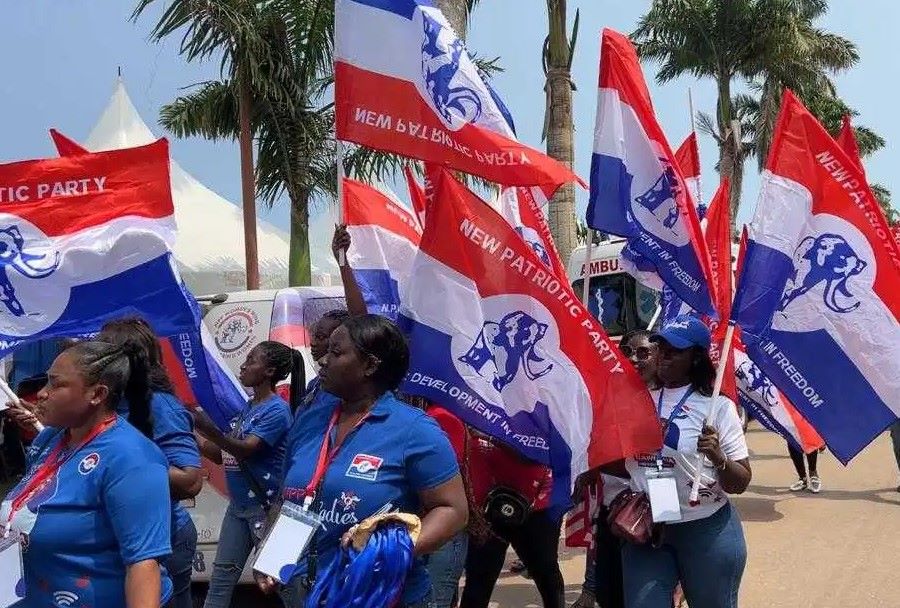
In a defining moment, one of Ghana’s largest political party, the New Patriotic Party (NPP) has passed 54 transformative motions aimed at democratizing its internal structures and empowering grassroots participation.
Delegates from across the country convened at the University of Ghana, where they overwhelmingly endorsed constitutional reforms that rewire everything from voting rights to disciplinary processes.
Notably, two key proposals that sought to centralize power and redefine youth participation were flatly rejected—signaling a clear message: the base wants more say, not less.
- 54 reform motions passed, reflecting deep structural realignment toward inclusivity, decentralization, and formal governance mechanisms.
- 2 motions rejected—central control over polling station oversight and limiting youth definition—demonstrate delegate commitment to local empowerment and inclusive youth participation.
- grassroots-driven internal democracy, combining modernization with respect for longstanding traditions.
According to GhanaRegions.com analyst, as the party gears up for 2028, these reforms offer a strategic foundation, but the real challenge lies in faithful implementation and ensuring that expanded voting rights and institutional changes translate into tangible democratic engagement within the party.
the New Patriotic Party (NPP) adopted 54 motions aimed at restructuring its internal systems and strengthening its grassroots foundations. These reforms span constitutional amendments, electoral procedures, leadership representation, and governance protocols. Two high‑profile proposals—Motion 17 and Motion 54—were notably rejected, highlighting tensions between grassroots autonomy and centralized oversight.
✅ Major Reforms Approved
The motions encompass structural enhancements across party levels:
- Constitutional Clarity & Party Symbols: Formal inclusion of the party’s motto, symbol, and colours in the constitution (Motion 1).
- Disciplinary Oversight Strengthened: Empowering Disciplinary Committees to lead suspension processes, shifting that power away from Executive Committees (Motion 2).
- Demarcation Alignment: Adopting the Electoral Commission’s Electoral Area boundaries for clarity and uniformity (Motion 4).
- Grassroots Empowerment: Expanding the Polling Station and Electoral Area executive bodies, with most roles elected rather than appointed (Motions 5–6, 8–9).
- Expanded Voting Rights: Granting voting rights to various party segments including External Branches, TESCON coordinators, Patrons, Elders, youth, women, MP alumni, former executives, and HQ directors during conferences and primaries (Motions 19–28, 44–52, 53–55).
- Governance Checks: Clear provisions for filling vacancies, removal procedures for officers, and mandating resignations for appointees seeking election (Motions 11–12, 40–43).
- Leadership & Campaign Structure: Formal role for the National Chairperson as party leader, inclusion of Standing Committees like Communications and Policy, and formation of Campaign Advisory and Campaign Steering bodies (Motions 34–39).
- Electoral Calendar Changes: Shifts to biennial conferences (Motions 13–14) and earlier flagbearer primaries when in government (Motion 48).
- Campaign Fairness: Abolishing the Special Electoral College/Super Delegate tier for presidential primaries (Motion 47).
- Increased Council Representation: Boosting representation in the National Council of Elders and Finance Committee (Motions 29–32).
These reforms reflect the NPP’s commitment to one‑member‑one‑vote (OMOV) principles, inclusivity, and decentralization—core aspects of its “rebuilding together” ethos.
❌ Notable Rejections
Motion 17 – Proposed shifting polling station election oversight to Regional Executive Committees, reducing constituency-level control. Delegates strongly opposed it, upholding grassroots sovereignty.
Motion 54 – Sought to redefine “youth” as members aged 35 and below. Despite citing global benchmarks—UN, WHO, UNICEF, African Youth Charter—this was overwhelmingly rejected, preserving the status quo (youth up to age 40).
These rejections underscore the delegates’ emphasis on protecting local autonomy and broad youth inclusion.
The Culture Behind the Reforms
The conference showcased several key facets of NPP culture according to GhanaRegions.com editor:
1. Internal Democracy in Action
The conference process—selecting from over 300 proposals down to 56 motions—demonstrated robust delegate participation. Voice votes, especially the emphatic “no” to Motion 54, reflect a culture where grassroots voices are not only heard but materially influence decision‑making.
2. Balancing Modernization with Fidelity to Roots
While motions aimed to streamline structures and align some practices with international norms (e.g., youth definition), the resistance to centralizing powers or narrowing youth eligibility highlights a tension between modernization and maintaining established territorial and age‑based inclusivity.
3. Inclusive Representation Across the Board
By widening the electoral college to include TESCON, patrons, elders, former office holders, and HQ staff, the NPP is institutionalizing broader participation, echoing its intention to be “one NPP” that transcends generational and positional divides.
4. Conflict Management & Rule of Law within the Party
The creation of clearer disciplinary pathways, removal protocols, and vacancy-filling processes seeks to strengthen internal order, curb arbitrary decisions, and foster trust in party processes.
What’s Next?
Implementation Phase: Revisions to the NPP Constitution must pass through legal vetting and be integrated into party documents—likely ahead of forthcoming regional or constituency congresses.
Next Conference Cadence: Adoption of biennial conferences means the next full delegate meeting is expected in 2027, with expedited conferences possible for urgent issues.
Monitoring Effects: How these reforms play out in upcoming primaries—especially without special delegates and with newly empowered grassroots voters—will be a key test of the new systems.



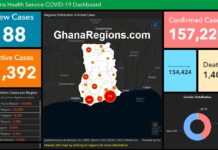
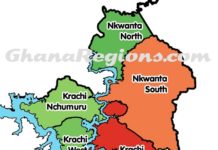
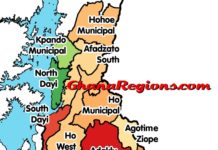
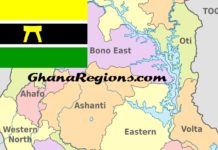







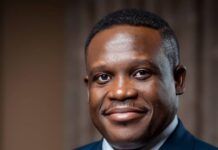




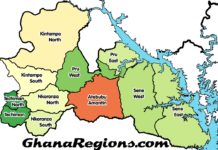
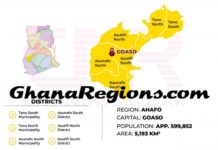


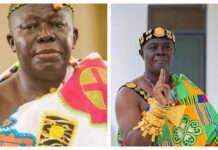
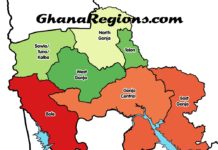

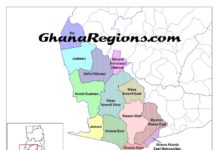
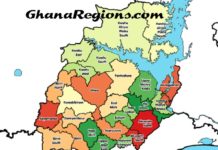







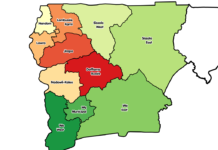
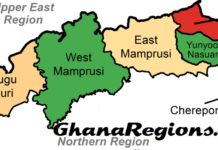
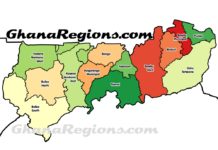
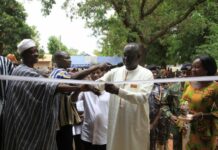










![Morocco knock out Spain on 3-0 penalties to reach FIFA World Cup 2022 quarter-final, Morocco vs Spain (0-0) (3-0) [Video]. Morocco knock out Spain on 3-0 penalties](https://ghanaregions.com/wp-content/uploads/2022/12/Watch-Morocco-vs-Spain-0-0-and-3-0-penalties-218x150.jpg)





